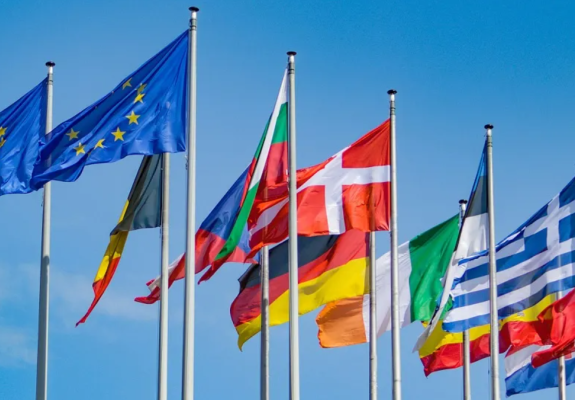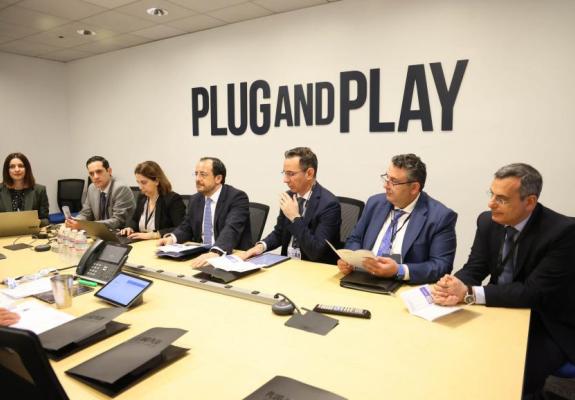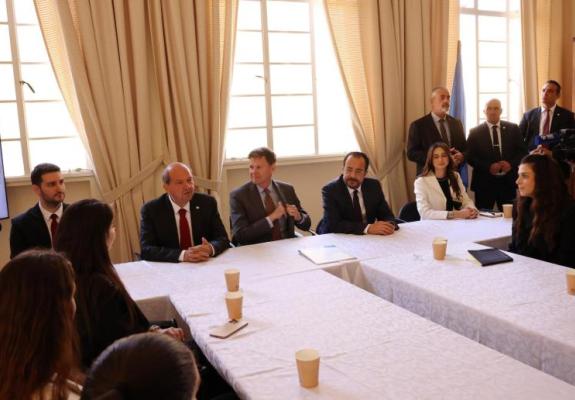Urban Canvas: Culture Meets Climate Action
Season 1, Episode 3: Demetra Kalitsi on culture’s overlooked yet vital role in climate action
In the latest episode of Urban Canvas, host Pavlos Christou welcomes Demetra Kalitsi, researcher and project manager at AKTI Project and Research Centre, for a timely and thought-provoking conversation about culture’s overlooked yet vital role in climate action.
Demetra, whose journey began in the fine arts world, has exhibited internationally and collaborated on interdisciplinary projects that merge creative expression with environmental advocacy. Today, she leads CoRES—short for Creativity, Resilience, Environment, Sustainability—a European initiative that aims to integrate culture into climate policy across Cyprus, Malta, and Greece.
“There’s a long history of artists working in the field of ecology,” she says. “But culture and the creative sector are still one of the most underrepresented in climate policy and environmental discourse.”
Drawing from her own artistic background, Demetra explains how cultural work can be a powerful vehicle for climate awareness. From visual art to performance, cultural expression can convey messages that statistics or scientific reports may struggle to communicate.
Demetra points to the CoRES project as a space where these synergies come to life—bringing together creatives and environmentalists to co-develop strategies for resilience, sustainability, and policy inclusion.
A major focus of her work is understanding the unique challenges faced by cultural institutions and creatives in their journey toward sustainability. The CoRES and Goddess projects—which AKTI runs with EU and local support—both aim to provide tools, knowledge, and policy influence to help creative professionals adopt greener practices.
“We want to help them lead their own transition,” she says. “That includes offering know-how, resources, and a platform to advocate for their inclusion in environmental decisions.”
Demetra also highlights Green Enough, a past initiative by AKTI that empowered individuals with developmental disabilities to join climate conversations—a powerful example of how diversity strengthens climate action.
When it comes to national climate strategies, Demetra believes more tailored and inclusive approaches are essential.
“A one-size-fits-all model doesn’t work. Different people, sectors, and communities are affected differently by climate change,” she says. “We need to understand those differences to create effective solutions.”
One long-term goal of CoRES is to produce a policy tool that supports the inclusion of culture and creativity in environmental frameworks. As she notes, this kind of institutional recognition is still lacking—even at global levels like the Paris Agreement.
As cultural sustainability slowly gains traction, Demetra remains hopeful. With in-house research, international partnerships, and a growing network of engaged creatives, CoRES is building momentum for a more inclusive climate conversation.






